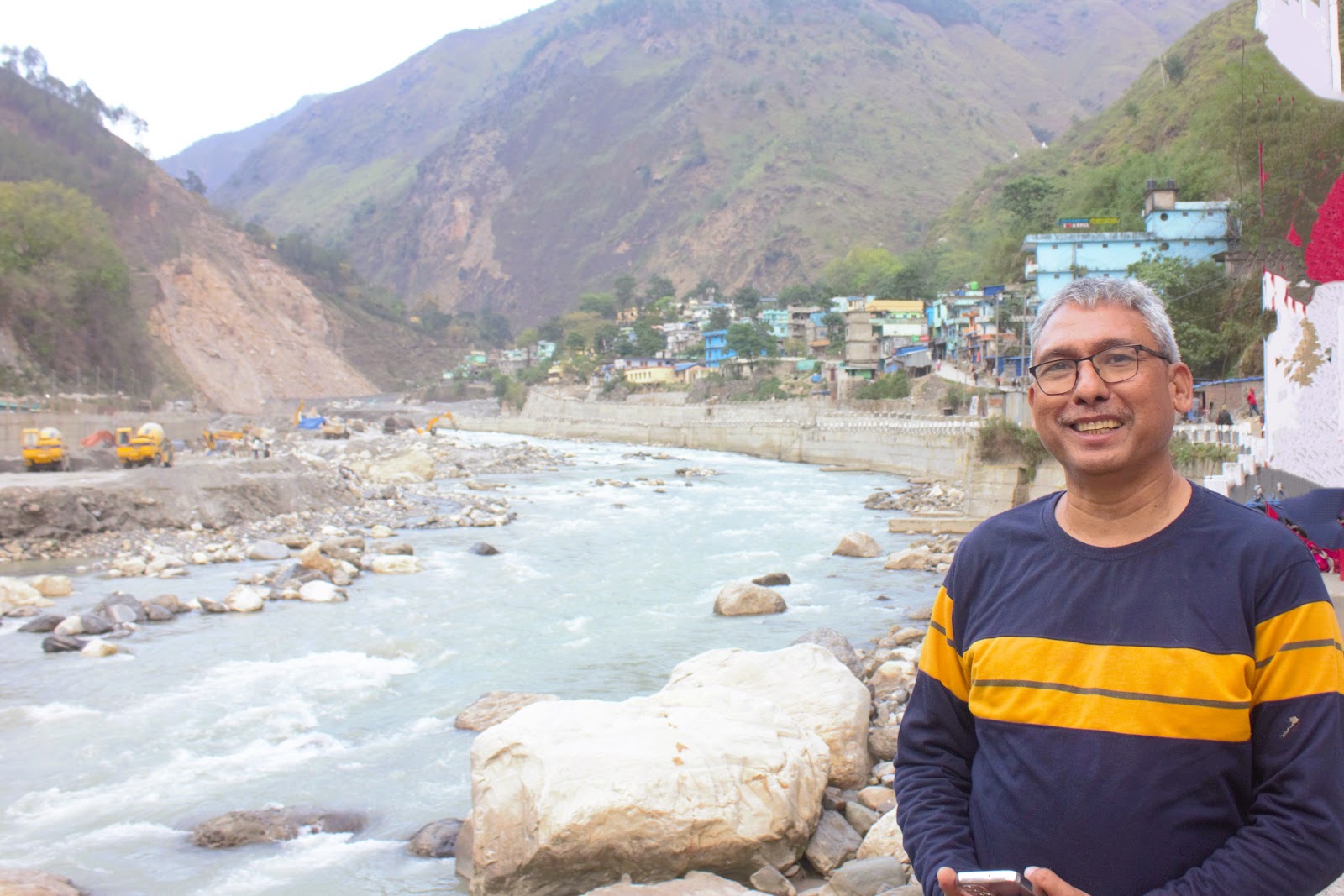March for Land, Dignity and Freedom
Hunger and starvation deaths in the eastern Uttar-Pradesh continue to haunt communities during the last one decade. Every year people are dying of different diseases particularly Malaria, and Japanese Encephalitis (brain fever). While the names have changed the target of these viral diseases remain the same communities.
Government and aid agencies launched campaigns to tackle the starvation and hunger prevalent in the region. Many of these districts are under the National Employment Guarantee Scheme (NREGA) yet reports suggests that the scheme is another way of ‘helping’ those who are power groups in the rural set up. They have rarely reached the masses. Many of the NGOs formed community groups to help them yet the food never reached. While it was good that government provide food aid to the dying people yet very few raised the issue that the hunger has raised its ugly head in the country because of the continuous antipathy of the government to the land redistribution programme. Contrary to this, more land was acquired in the name of development without providing enough and satisfactory rehabilitation. The victim of this unsustainable development have been the communities like Dalits, tribals and MBCs.
The numbers of landless communities in poorvanchal is substantial and are severely facing challenge to their livelihood. With more mechanized agri-farming, these agrarian workers are now jobless. Forests are already out of bound for them as forest department consider the poor forest dwellers as encroachers and exploit them. The Kumhars (clay potters) have lost their work to plastics and the fishermen are clueless at the moment as how to increase their income when most of their lakes are under the threat of sale. The migration to cities has increased in the past few years but now even those seems to be blocking the way of the rural poor with not only theocratic fundamentalist parties raising their ugly head against them but also the self styled protectionists of the secular ideas too feel that immigration to the cities is a threat.
Even when people were dying of hunger and starvation, the ‘nationalistic’ forces were doing their work in the villages, but not to help the rural poor get out of the poverty trap but to push them back into the Dark Age. To increase their woes, these forces have pushed people to superstition so that they do not question the injustice done to them.
That manual scavenging is still prevalent in the region reflect the condition of the Swachchakar community in Eastern Uttar-Pradesh. Communities like Mushahars, Bansfors, Swachchkars, Rajbhars, Chamars, Pasis; Chauhans, Nishads, Kumhars are facing severe threat to their livelihood and dignity.
Keeping in view of this, Uttar-Pradesh Land Alliance and Social Development Foundation, Delhi are organizing a Padyatra ( Footmarch) beginning from June 1st, 2007 till June 22nd , 2007. The Padyatra will cover four districts of Poorvanchal. They are Maharajganj, Gorakhpur, Deoria and Kushinagar. The Padyatra will start from the Tehsil headquarter of Ghughali, Maharajganj on June 1st. The Padyatra culminate at the Shaheed Smarak in Chauri Chaura on June 22nd, 2007. The Padyatra would cover more than 75 small and big villages and towns including Kushinagar, Ramkola, Padrauna, Kasaya, Fazilnagar, Pathardeva, Nautan, Deoria, Bhatani, Salempur, Laar, Bhagalpur, Barhaj, Rudrapur, Brahmnpur, Tarkulhadevi and Chaurichaura.
Padyatra will have public meetings, social audits and even training programmes related to land and livelihood. Not only this, the Padyatra aims to speak unambiguously against the caste oppression, rituals as well as exploitation in the name of religion, rituals and superstitions.
The Padyatra is named as Land, Dignity and Freedom which clearly indicate that we feel access and control to land and other natural resources is key to dignity and freedom of an individual and community. Today, this freedom is under the threat. The governments have failed in fulfilling their promises to implement the land and agrarian reform resulting in greater social chaos. In India, this situation is more complicated as the exploitation has not just economic dimensions but socio-cultural dimensions. And despite power equations at the political levels, the situation in the ground level has not changed much. That most of these communities who suffer indignities are the Dalits and most backward communities. Tragically, in the broader schemes of things also these communities are on the margins because of their minority status with in their villages and hence even in the broader Dalit-Bahujan framework they remain isolated and excluded.
The Padyatra aim to strengthen the community organizations in the region so that the development agenda is focused on community based. We sincerely feel that the developmental paradigms need to take a new turn and communities need to be targeted in the rural planning otherwise term like ‘rural poor’ in India would always help maintaining the status quo.
While many of our friends suggested against organizing the Padyatra in this scorching heat yet it was felt that it is the best time to understand how the communities we work with face such oppressive heat. Also due to summer vacations, many of you might find some time to join it. We are therefore extending you our invitation to join this Padyatra to understand the reason of hunger, starvation and social oppression in Poorvanchal. We will keep you updated with the movement of Padyatra through our regular mails.
Yours Sincerely,
Vidya Bhushan Rawat, Social Development Foundation, Delhi
Tel : 011-65902846
Email : sdfindia@gmail.com
Ram Chandra Prasad, Dr B.R.Ambedkar Gramodyog Sansthan, Deoria
Ram Bhuvan, Jan Kalyan SanshtanChauri Chaura
Rajkapoor Rawat, Convener, UP Land Alliance, Mohammdabad, Ghazipur
D.P.Baudh, Lord Buddha Trust, Kushinagar
Indra Dev Mehra, Deoria
Ramasrey Nishad, Rudrapur, Deoria
Rajendra Sahni, Tal Ratoy Machchua Jan Kalyan Sansthan, Maryadpur, Mau
Sumitra Rajbhar, Dalit Mahila Mukti Manch Maryadpur, Mau
Rajan, from Swachchakar community in Laar
Labels: agricultural labours, Dignity, hunger and starvation, land, Mushahars, Padyatra, swachchakar

